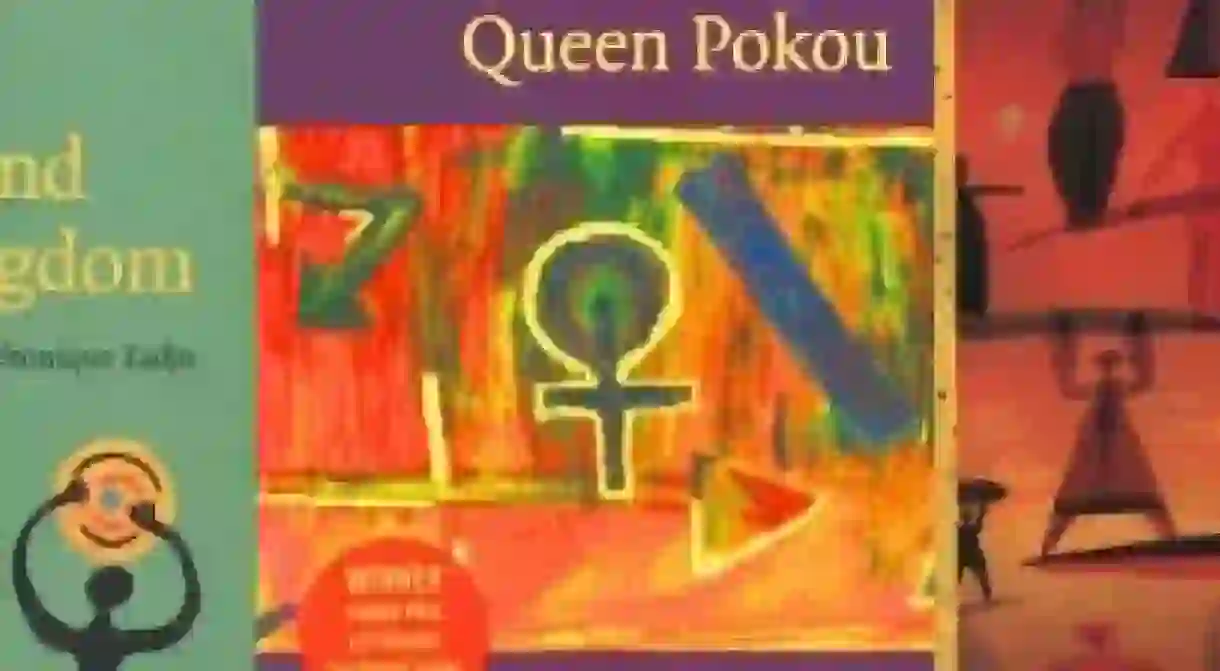Veronique Tadjo's Literary Pan Africanism

Veronique Tadjo is a prolific writer who has published poetry, novels and children’s stories. Born in Paris but raised in Abidjan, in the Ivory Coast, she has subsequently lived in many countries across the globe giving her writing a rootless and diasporic feel.
Born in Paris, raised in Abidjan, Ivory Coast, and having lived in a multitude of cities from Lagos to Mexico City, Veronique Tadjo feels herself to be thoroughly Pan-African; not merely in a political sense, but in terms of her individual identity which she sees as if she is a product of the continent rather than of her country. This resonates through her written work; her tales are often timeless and utilize amorphous, indistinct locales which could be allegorical representations of many African countries. The scope of her subject matter, the richness of her imagery and the breadth of allusions and references she employs can also be attributed to her Pan-African heritage, as well as her use of traditional storytelling methods, which she combines with modern experimental forms.
Like so many diasporic and postcolonial writers, Tadjo engages with the multiplicity of contemporary identity. Thus, her stories take on a layered effect which many may find confusing, as stories and plotlines are dropped and developed seemingly at random, mimicking the intricacies and inconsistencies of real life. Unsurprisingly her attitude towards the creative processes is similarly open, utilizing and valuing all the artistic skills she possesses in equal measure, seeing visual art and literature as branches of the same tree.
Themes which are particularly resonant within her writing include the widespread corruption of neo-colonial African governments. She also took part in the 1998 ‘Rwanda – Ecrire par devoir de mémoire’ project which brought artists from across different mediums and nationalities to Rwanda to discuss the 1994 genocide; talking of the atrocities committed there with survivors and witnesses. This artistic endeavor sought to put an end to African intellectual and academic silence over the genocide, in the belief that fiction was the best way of keeping memories and lessons alive and relevant. Her reflections on the Rwandan Genocide are collected in In the Shadow of Imana; some of her other works include As the Crow Flies, and Chasing the Sun.













